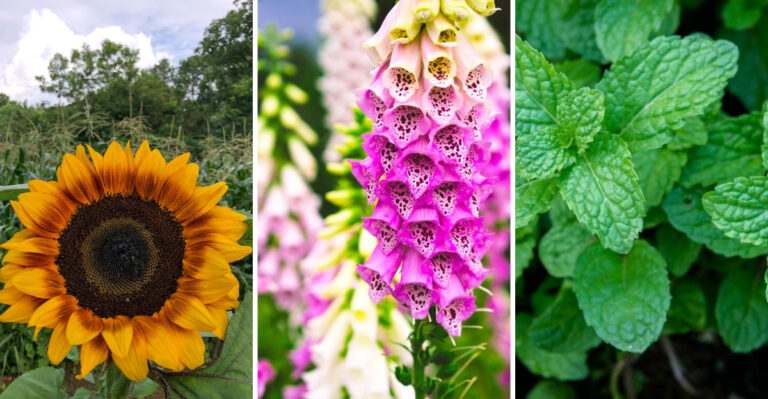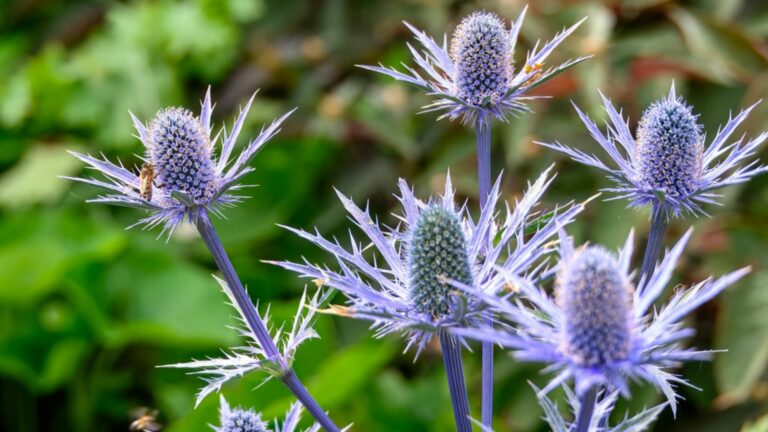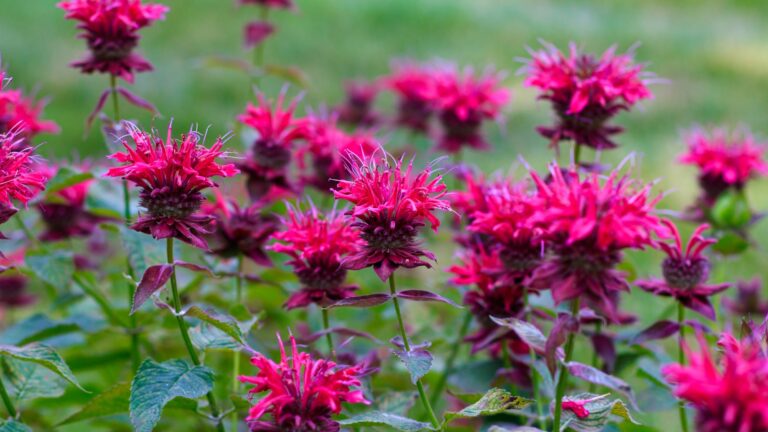These Marigold Varieties Should Be Avoided At All Costs!
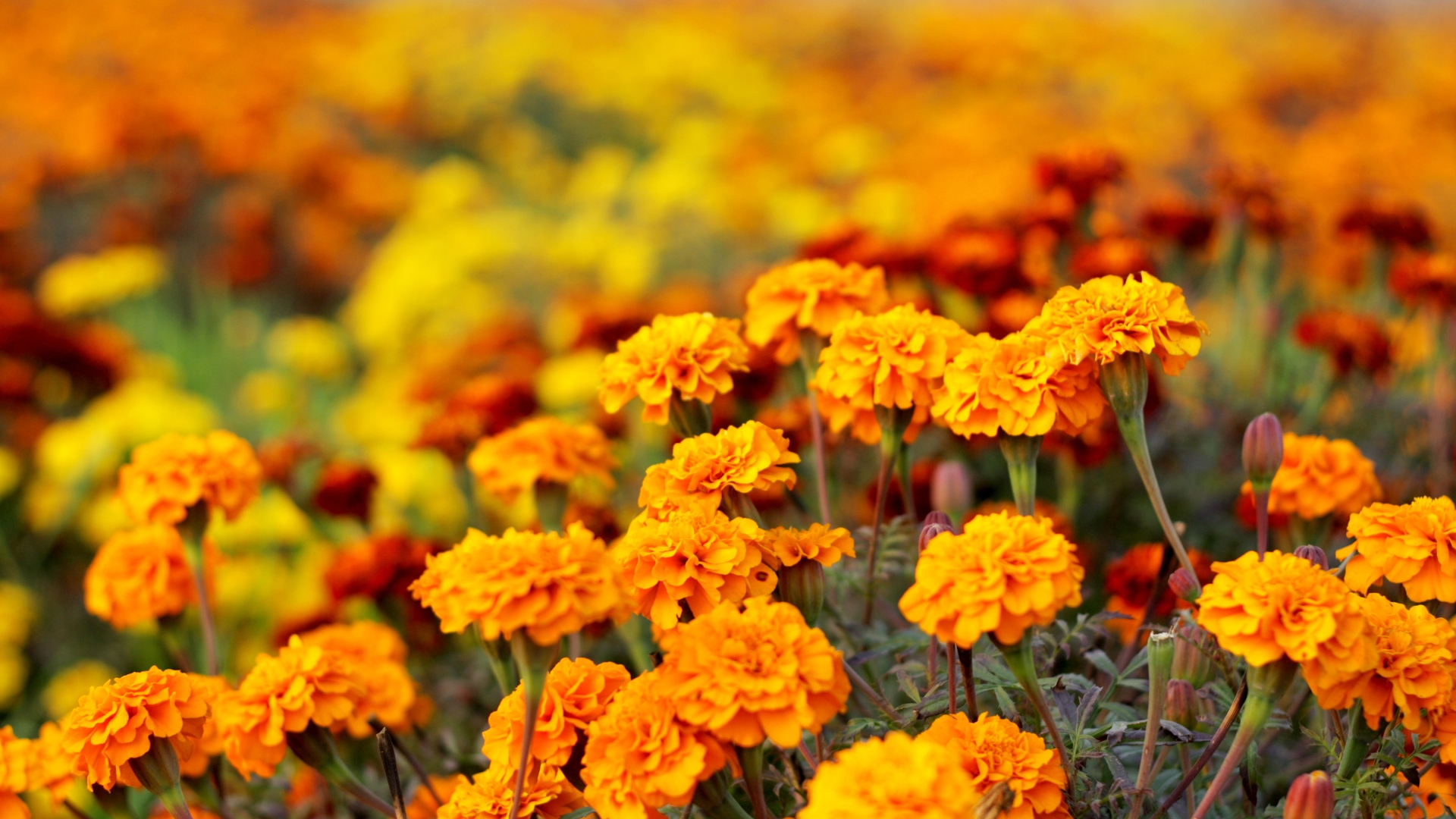
Marigolds are popular flowering plants that are grown for plenty of reasons – not only do they produce gorgeous blooms, but they are also super beneficial to your garden.
These charming plants attract lots of pollinators into the garden, but also act as good companion plants. However, not all marigold varieties are suitable for growing.
Some varieties actually contain compounds that cause awful skin irritations. Research has shown that oil extracts from three marigold varieties are unsafe to use for topical applications!
But which marigolds should you avoid?
Keep reading to find out!
List Of Plants To Avoid
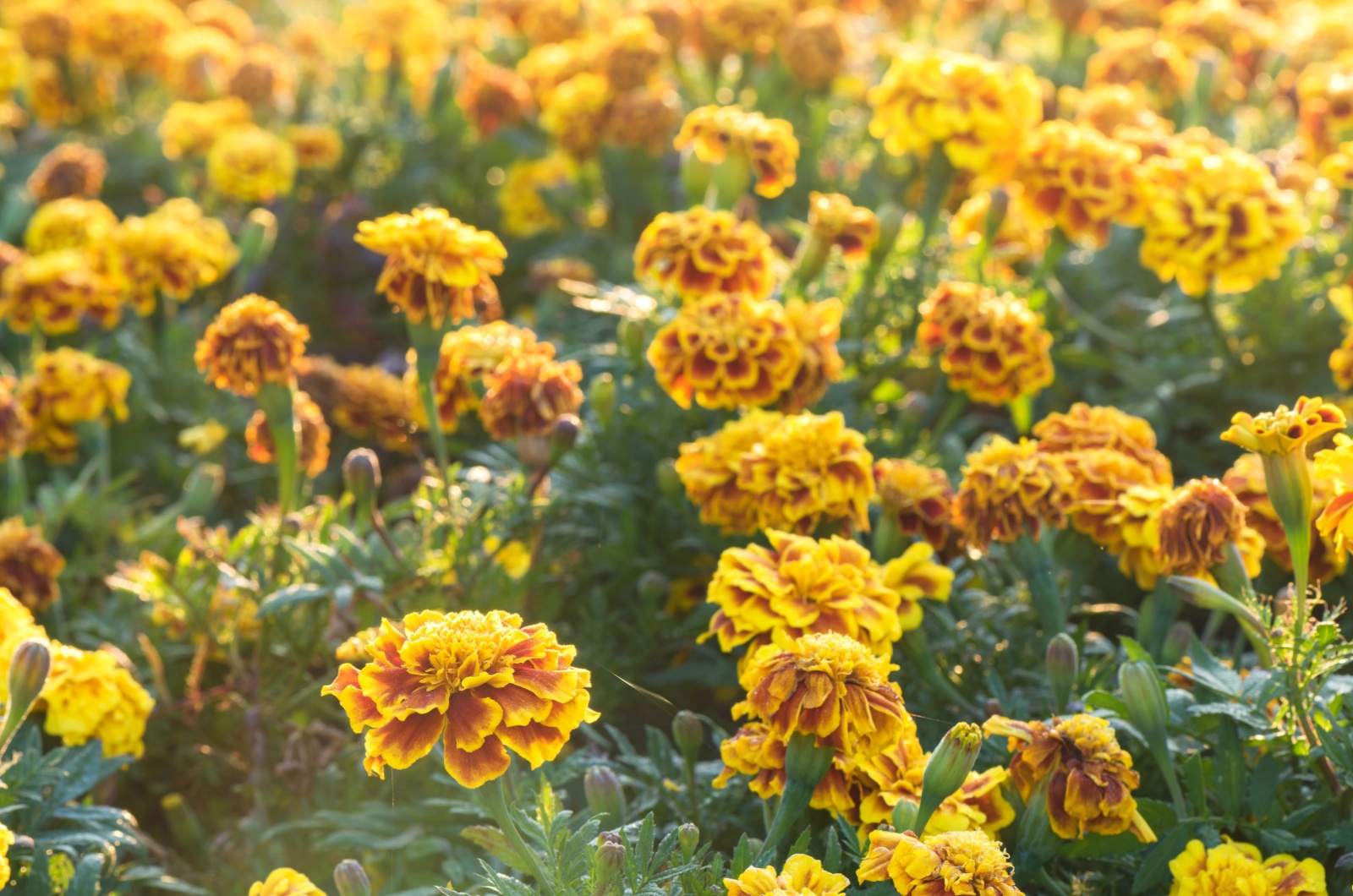
Gardeners vulnerable to skin irritations and diseases should be extremely careful when gardening. Some plants might trigger allergies, and others might cause rashes, burning sensation, or something even worse.
There are specific marigolds, otherwise known as Tagetes species, that can cause all of the above.
Tagetes tenuifolia, also called Lemon or Signet marigold; Tagetes erecta, also called African/Mexican marigold; Tagetes lucida, also called Mexican marigold in the US and Sweet mace in the UK; and Tagetes patula, sometimes called French marigold, are the marigold species we are talking about.
The most common skin irritant is Tagetes minuta, which is another African marigold species. There’s a warning for this plant, but it usually gets mixed up as most garden nurseries use the same name for more than one cultivar.
It’s always best to look at the scientific name when buying plants or seeds.
Related: 5 Mind-Blowing Facts About Marigolds You Probably Didn’t Know
Tips For Gardeners
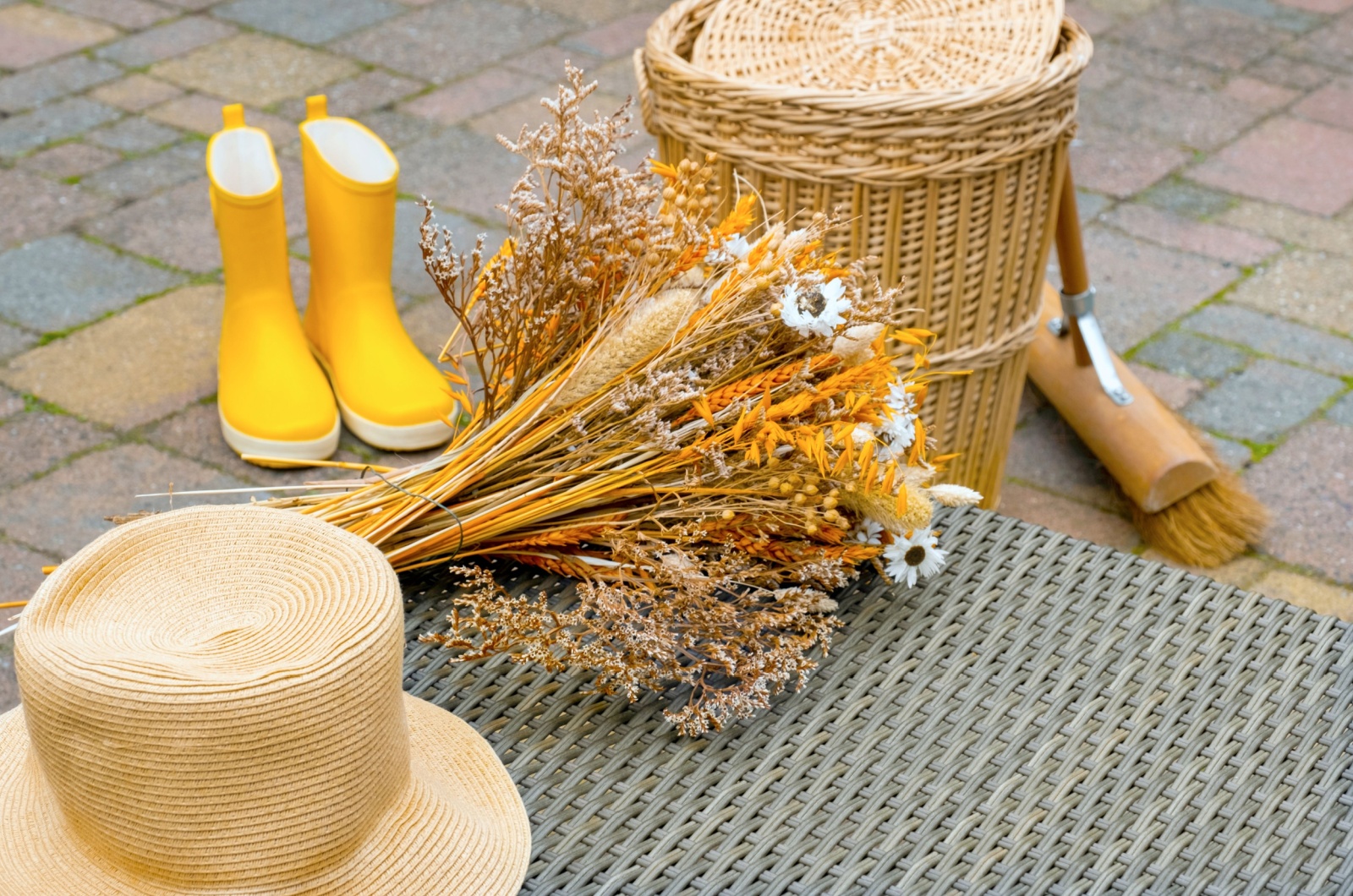
If you still plan to grow these marigold species, I would recommend you to protect yourself as much as possible.
Wear gloves, goggles for eye protection, shoes or boots, long-sleeve shirts, and pants – the whole outfit will be on point!
Don’t worry, marigolds won’t harm your pets running around; but you should keep them safe if they are skin sensitive.
An allergic reaction to plants can cause pink rashes that are itchy to scratch and occasionally result in blisters or hives in both humans and pets.
What’s not so great is that a lot of other plants are called “marigold” in the US, so they’re easily mistaken for Tagetes cultivar.
However, other marigold varieties might be potential allergens, including the Yellow marsh marigold, which is a native plant that is mildly toxic to the skin.
The plant with yellow flowers, known as Desert marigold (Baileya multiradiata), is native to the southwestern United States and only poisonous to goats and sheep.
Gardeners frequently confuse pot marigolds (Calendula officinalis) with Tagetes marigolds due to their striking resemblance in appearance. However, it’s safe to touch pot marigolds despite their resemblance.
Also read: 15 Reasons To Plants Marigolds In Your Vegetable Garden


